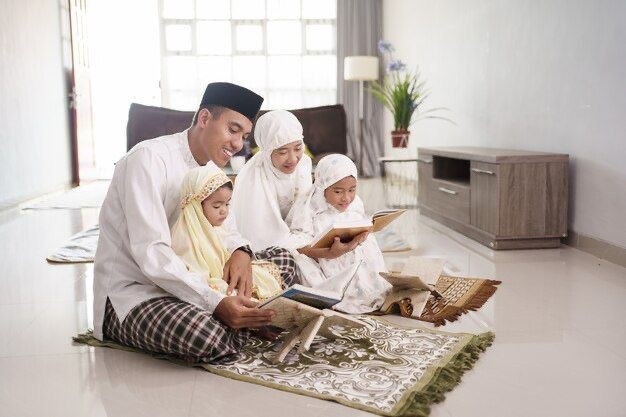Religion exerts a profound influence on the customs, principles, and rituals observed by societies across the globe. In Africa, a continent celebrated for its religious diversity, the various faiths possess considerable influence over marital values and practices. Diverse religious doctrines, including Christianity, Islam, indigenous African belief systems, and others, have distinctively shaped perceptions, conduct, and the longevity of marriages throughout the continent.
Africa boasts a sizable Christian population, which wields a significant influence on local marriage customs and values. Within Christian doctrine, there is a strong emphasis on marriage, monogamy, and faithfulness. Christian relationships are often blessed in religious settings, underscoring the seriousness of commitment and vows. Notably, biblical teachings that promote mutual love and respect within marriage, such as Ephesians 5:25 (“Husbands, love your wives, even as Christ loved the church,”) have a tremendous impact on marital values.
Islamic faith, another formidable religious force in Africa, particularly in North and East regions, exerts its influence on marital customs in alignment with the Quran and Hadith. In Islam, marriage assumes the status of a hallowed covenant between a man and a woman. While polygamy is practiced by a minority of African Muslims under specific conditions, Islamic teachings emphasize the importance of maintaining familial bonds and providing for one’s spouse and offspring. Islamic matrimonial ceremonies typically include the formalization of a marriage contract, followed by communal celebrations.

Many African civilizations still hold steadfastly to their indigenous religious beliefs and customs, which often intersect with those of Christianity or Islam. Marriage values and practices remain intricately intertwined with age-old traditions in these nations. Marriage ceremonies often incorporate rituals aimed at invoking ancestral blessings and cementing the couple’s spiritual bonds with the community. The endorsement of both the family and the community holds paramount importance, and matchmaking often involves a significant number of elders.
Religious syncretism, the coexistence and synthesis of elements from various religions, is a common occurrence in African communities. Some cultures, for instance, seamlessly incorporate traditional beliefs and practices into Christian or Islamic marriage ceremonies. Thanks to this syncretic approach, people can maintain their cultural and religious backgrounds while embracing new faiths.

The harmonies of African marital beliefs and practices have recently acquired a modern cadence, influenced by the winds of globalisation and the bustling rhythms of urbanisation. Perspectives on marriage, gender roles, and the fundamental foundations of family life have undergone a transformation due to these revolutionary currents, which are evident in the increasing accessibility of education and the acceptance of diverse cultural harmonies.
The gradual steps of modernisation and the vast scope of globalization will not impede the ever-evolving dance between religion and marriage norms in Africa. The traditional ways of thinking still hold a strong presence in many communities due to their deep-rooted traditions. However, an ongoing symposium is underway where religious authorities and academics join their voices to create compositions that address pressing issues such as gender equality, family planning, and the prevention of HIV/AIDS.
Religion exerts a profound influence on the intricate tapestry of marital values and customs in Africa, shaping the very essence of how couples form and nurture their unions. Across this diverse continent, a kaleidoscope of faiths weaves a vivid and continually evolving mosaic. While religious doctrines often illuminate the sanctity of marriage and extol the virtues of family, they can also spark tensions, leading to a graceful ballet of adaptation amid shifting social and cultural currents. The intricate interplay of religion, tradition, and modernity persistently sculpts the vibrant tableau of matrimony in Africa.
Sources
- https://www.academia.edu/29001659/RELIGION_MARRIAGE_AND_FAMILY_VALUES_IN_AFRICA_docx
- https://www.ncbi.nlm.nih.gov/pmc/articles/PMC6466571/#:~:text=Many%20previous%20studies%20focused%20on,4%2C7%2C8%5D.
- https://www.dpublication.com/wp-content/uploads/2020/12/42-50711.pdf
- https://scholarsarchive.byu.edu/cgi/viewcontent.cgi?article=1080&context=marriageandfamilies




